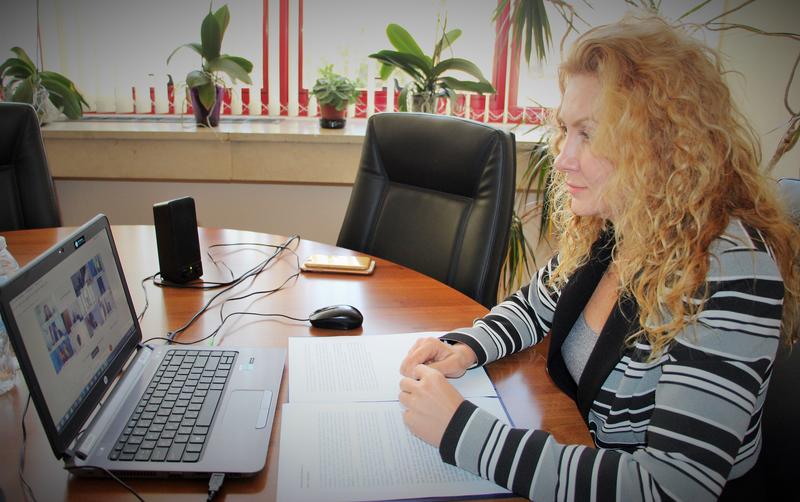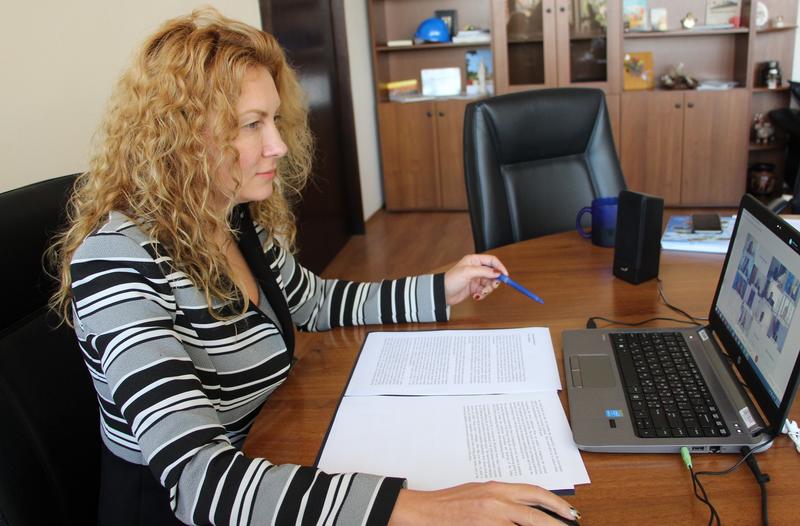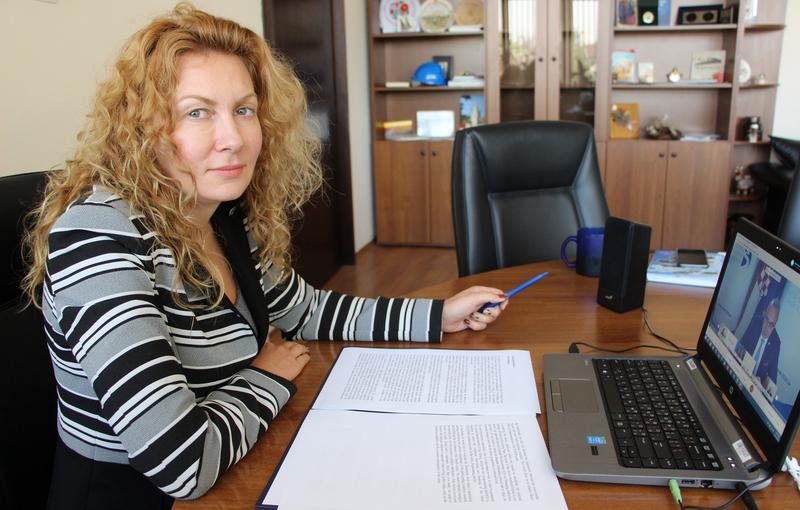Deputy Minister Nikolova: We set strategic projects for better connectivity in the border regions along the Danube
Deputy Minister Nikolova: We set strategic projects for better connectivity in the border regions along the Da
By Ministry of Regional Development and Public Works
We are exploring opportunities to build new bridges and harbours on the river and we are building a cycle path along the river.
Improving cross-border connectivity along the Danube is one of the priority objectives that Bulgaria sets for implementation in the next programming period. Together with Romania and Serbia, our country has developed strategic projects to be proposed for funding under the cross-border cooperation programmes in the period 2021-2027. This was announced by Deputy Minister of Regional Development and Public Works Denitsa Nikolova, who participated in an online meeting of ministers responsible for the implementation of the EU Strategy for the Danube Region (Danube Strategy). The event is organised by the Croatian Presidency of the Danube Strategy in the framework of the 9th Annual Forum. The meeting was attended by the 14 Danube Region countries and representatives of the European Commission.
Deputy Minister Nikolova pointed out that the future Interreg programme "Bulgaria - Romania 2021-2027" envisages the implementation of two strategic initiatives - the development of the still missing last section of the Euro Velo 6 route on Bulgarian and Romanian territory. Thus, a cycle path will be built along the entire lower Danube. The programme also includes a strategic project to analyse cross-border connectivity, including the possibilities of building new road and rail bridges as well as new ports on the Danube.
The meeting marked the tenth anniversary of the Danube Strategy, with participants adopting a joint declaration on its future implementation and the new challenges it faces in the context of the coronavirus crisis. It reaffirmed the countries' commitment to continue to join efforts to provide opportunities to strengthen cooperation within the framework of the Danube Strategy, and to define the key orientations for its further development, unlocking the full potential of the Danube region.
"It is time to take stock of the current achievements and to discuss the further role of the Danube Strategy in improving the lives of the people in the Danube region, as part of the broader EU framework related to cohesion policy and other formats of territorial cooperation", said Deputy Minister Nikolova. She called for stronger political commitment to create partnerships and rally around common strategic projects with secured funding that are crucial for the region and that can help deliver tangible results.
"I believe that the best way to achieve effective and visible results for the Danube region would be by envisaging a number of strategic initiatives within a limited set of priorities, where the participating countries commit to provide the necessary means to implement the envisaged investments. For this reason, the Bulgarian Presidency initiated the revision of the Action Plan two years ago. Thanks to the Romanian and Croatian Presidencies and our joint efforts and intensive work, today we have a revised Action Plan for the Danube Strategy," the Deputy Regional Minister added. She said that the selected strategic priorities also need to be optimised, as the scope of the current ones is too broad and greatly limits the capacity of the countries in the region to ensure an adequate process of integration of the proposed strategic themes into future programmes at national level.







